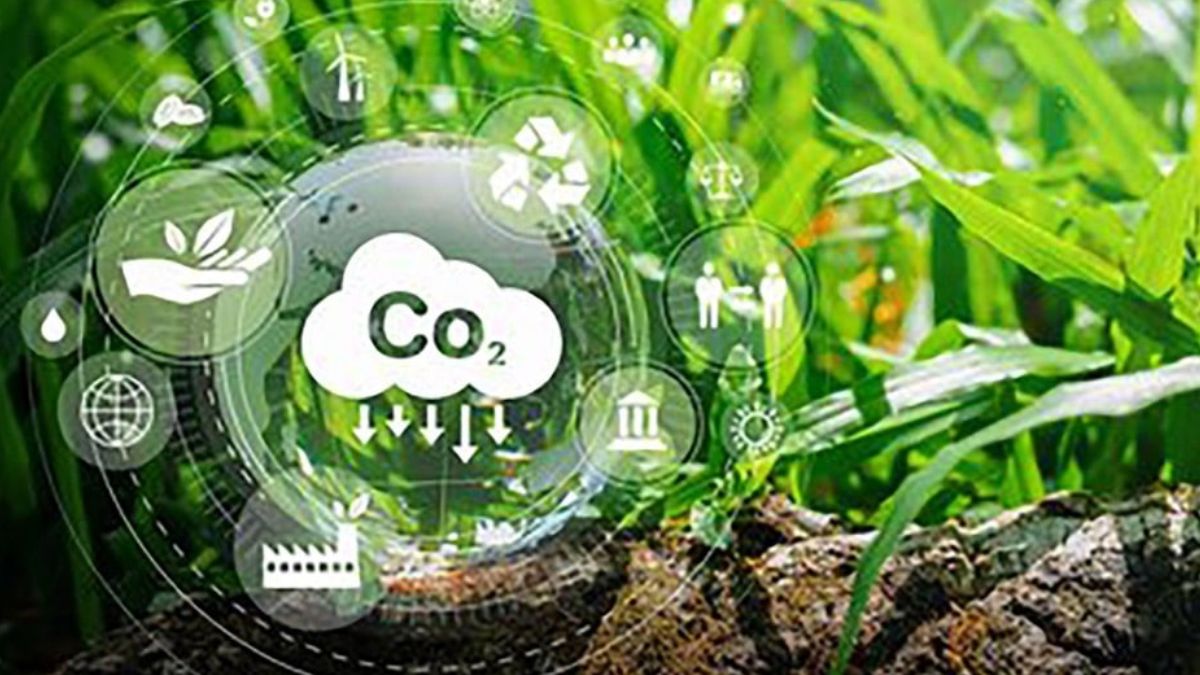A groundbreaking study has shown that artificial intelligence (AI) and supercomputing technology can accurately predict greenhouse gas emissions from farms, marking a major advancement in the fight against climate change. Researchers have combined AI’s data-processing capabilities with the raw power of supercomputers to develop models that can forecast emissions from agricultural activities, a sector responsible for nearly 10% of global greenhouse gases.
By analyzing vast amounts of data from soil composition, livestock behavior, and crop growth, AI algorithms are able to identify key factors that contribute to methane, carbon dioxide, and nitrous oxide emissions. These predictive models provide farmers and policymakers with critical insights into how specific farming practices impact the environment. The ability to forecast emissions in real time allows for more informed decision-making, enabling the agricultural sector to adopt more sustainable practices.
This new AI-driven technology holds the potential to revolutionize how farms operate, encouraging methods that reduce emissions while maintaining productivity. By identifying high-emission areas, farms can adjust their operations, such as optimizing fertilizer usage or implementing rotational grazing to minimize methane release from livestock. In turn, these adjustments could lead to a significant reduction in the overall carbon footprint of global agriculture.
Moreover, the ability to predict emissions can directly aid conservation efforts. By using AI to monitor and manage agricultural emissions, policymakers can better design incentive programs for sustainable farming. Conservationists can also use this data to safeguard ecosystems, ensuring that agricultural expansion doesn’t threaten biodiversity.
The study highlights the transformative role that AI and supercomputing can play in combating climate change. By bringing this technology to farms, researchers aim to help the agricultural sector reduce its environmental impact, paving the way for a more sustainable future while still meeting the growing demand for food.


